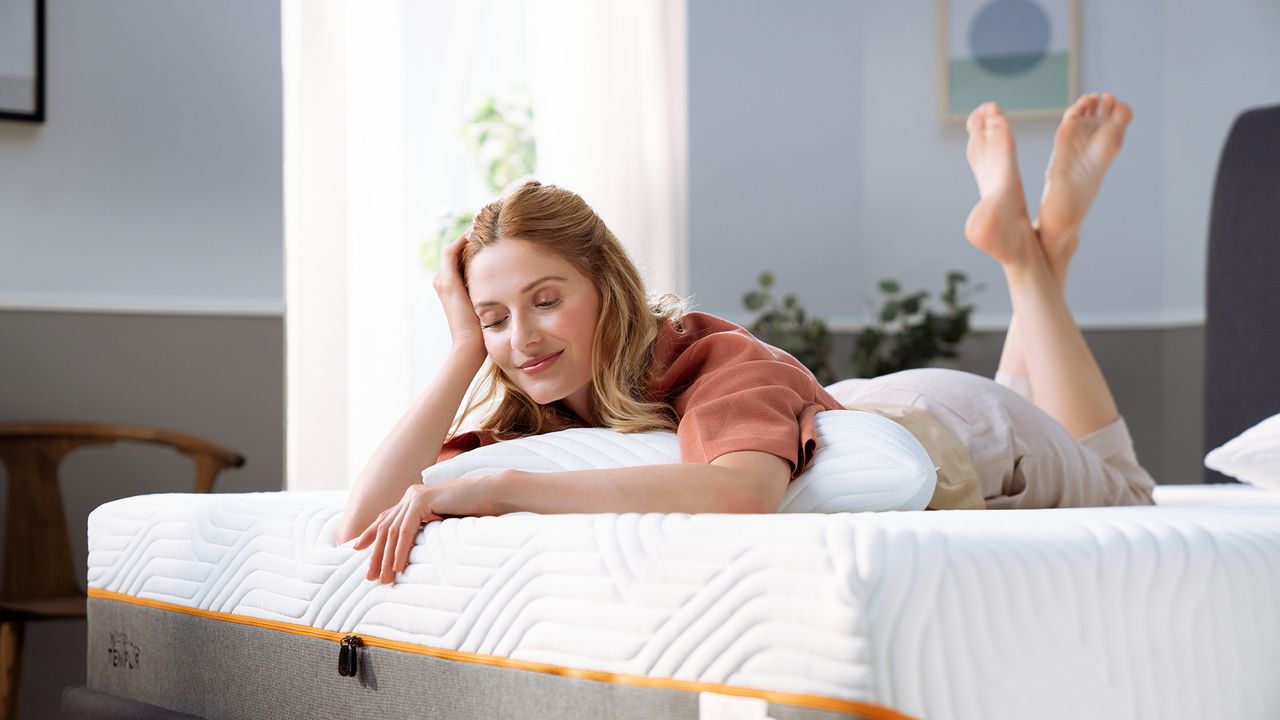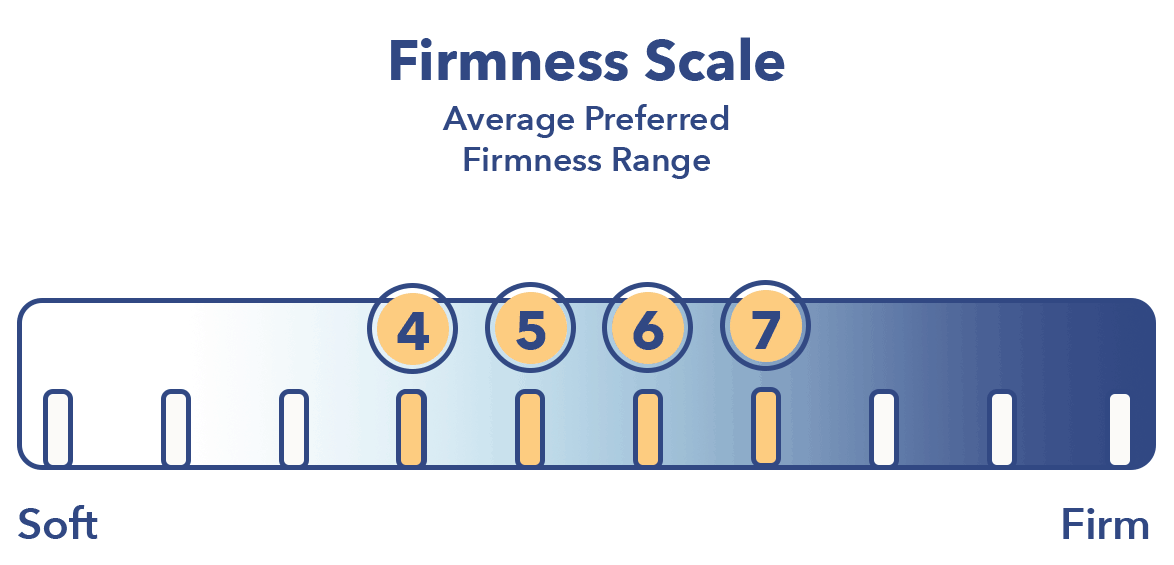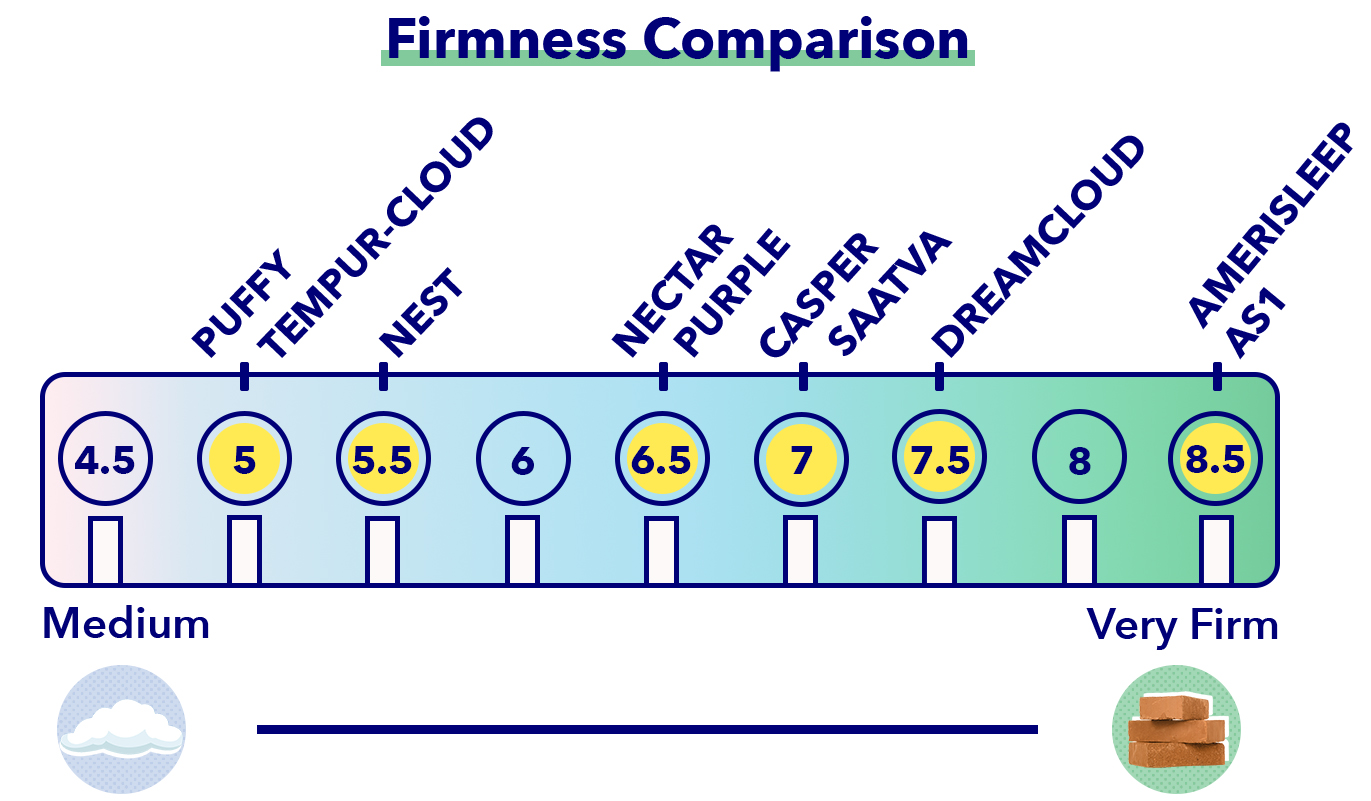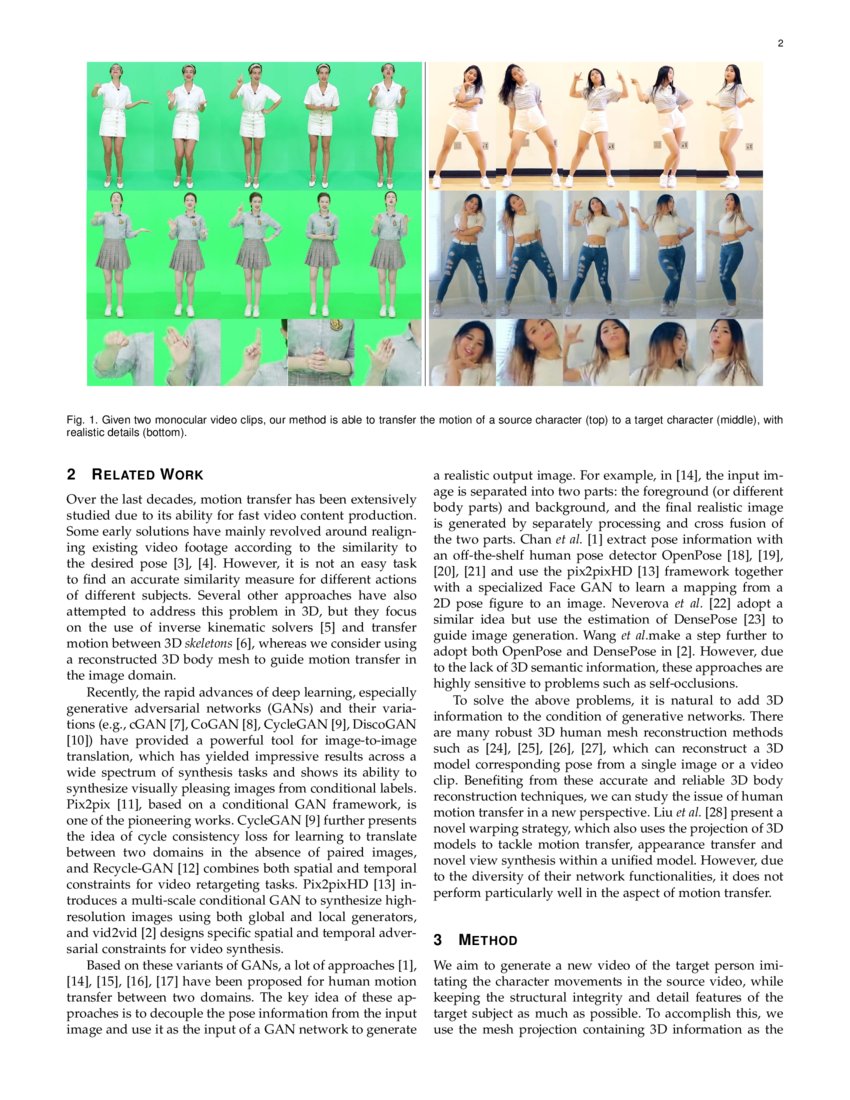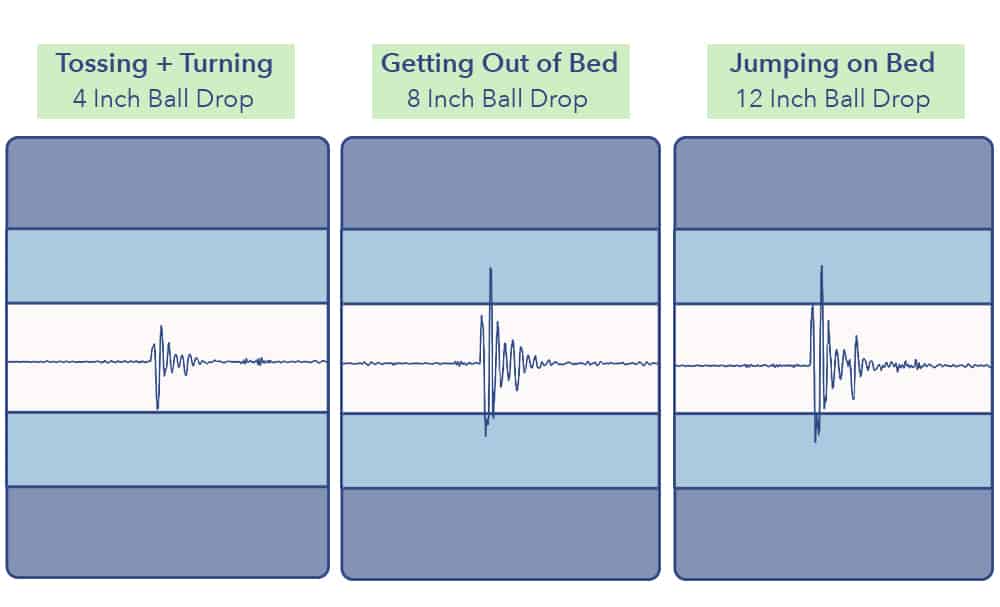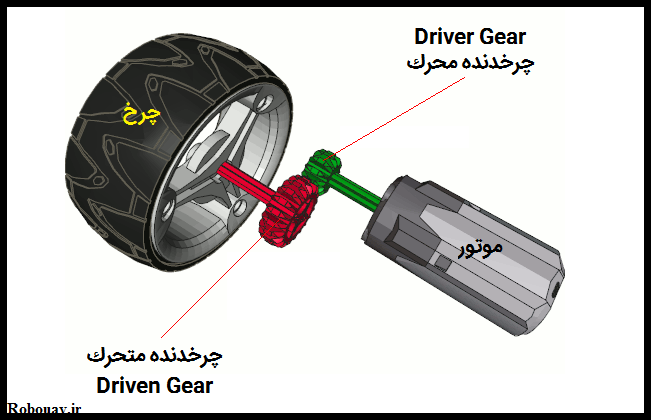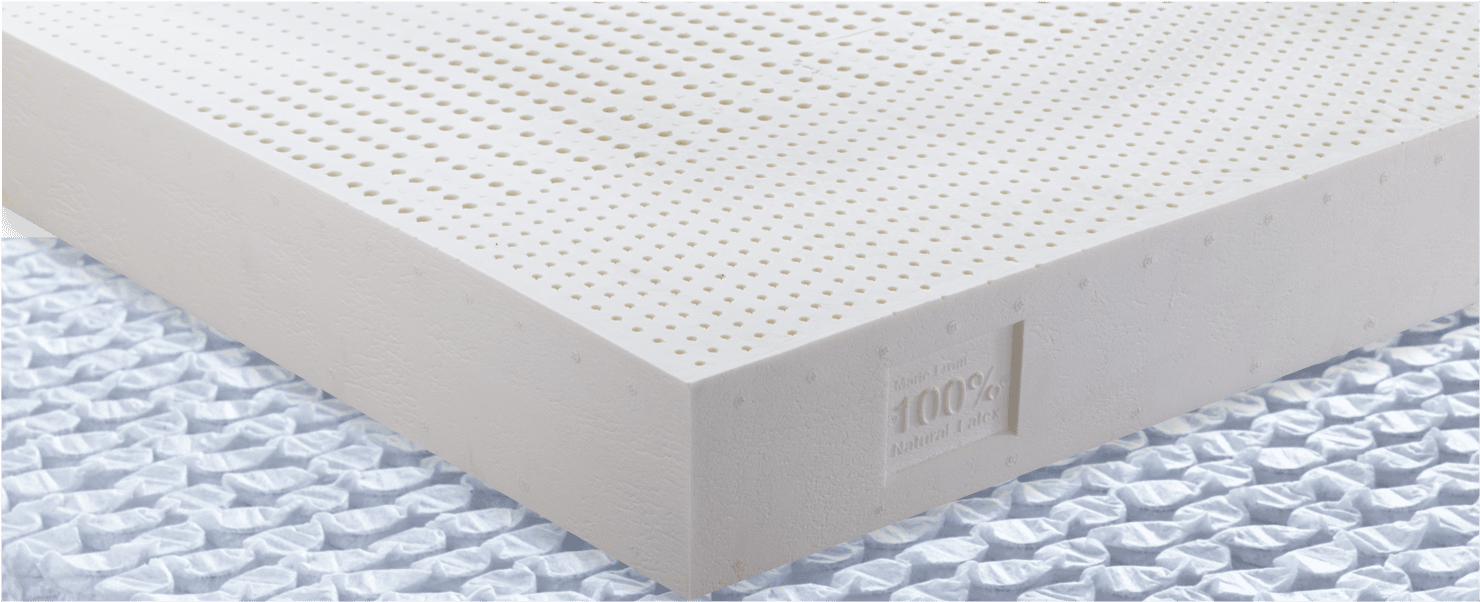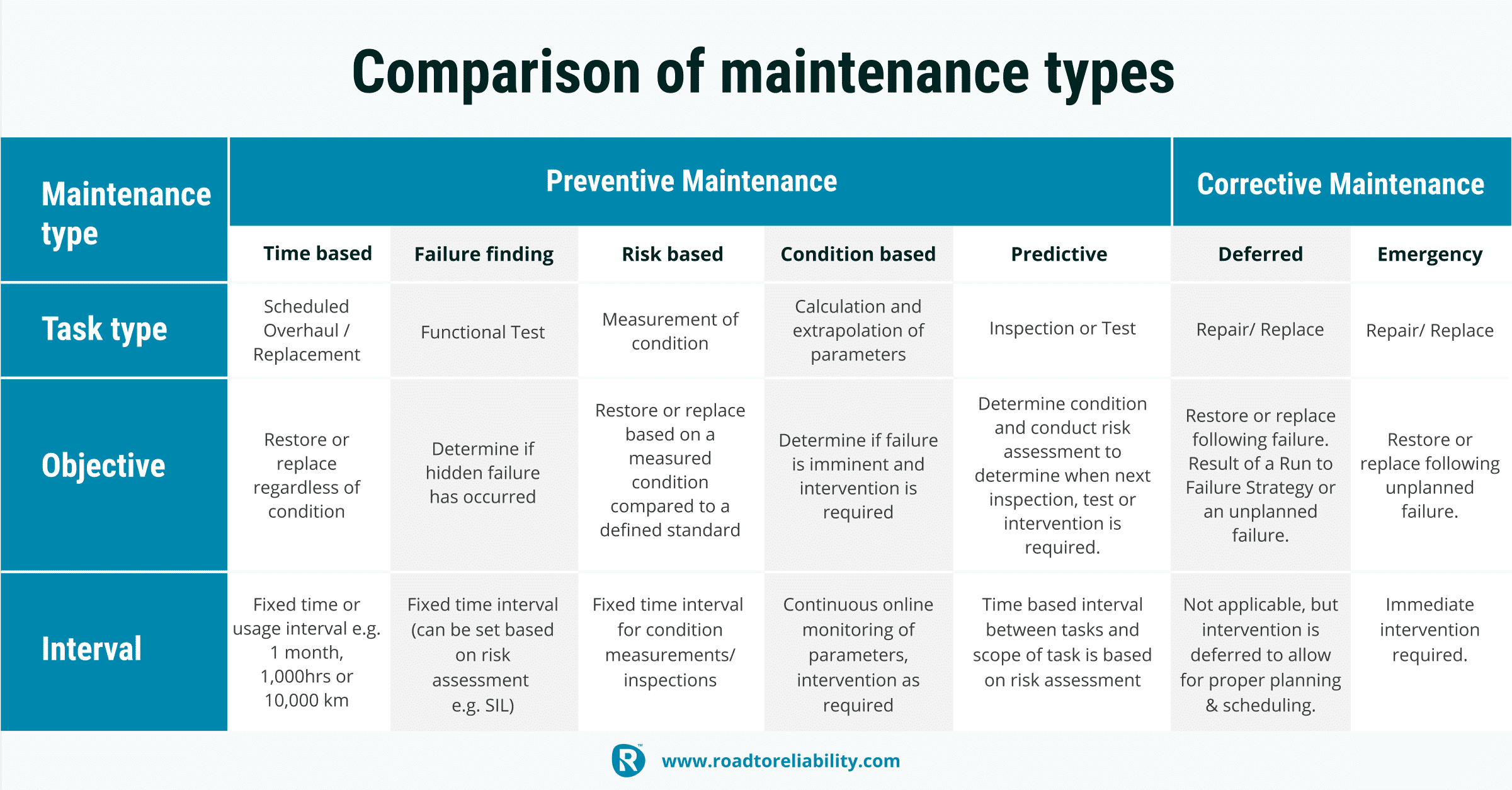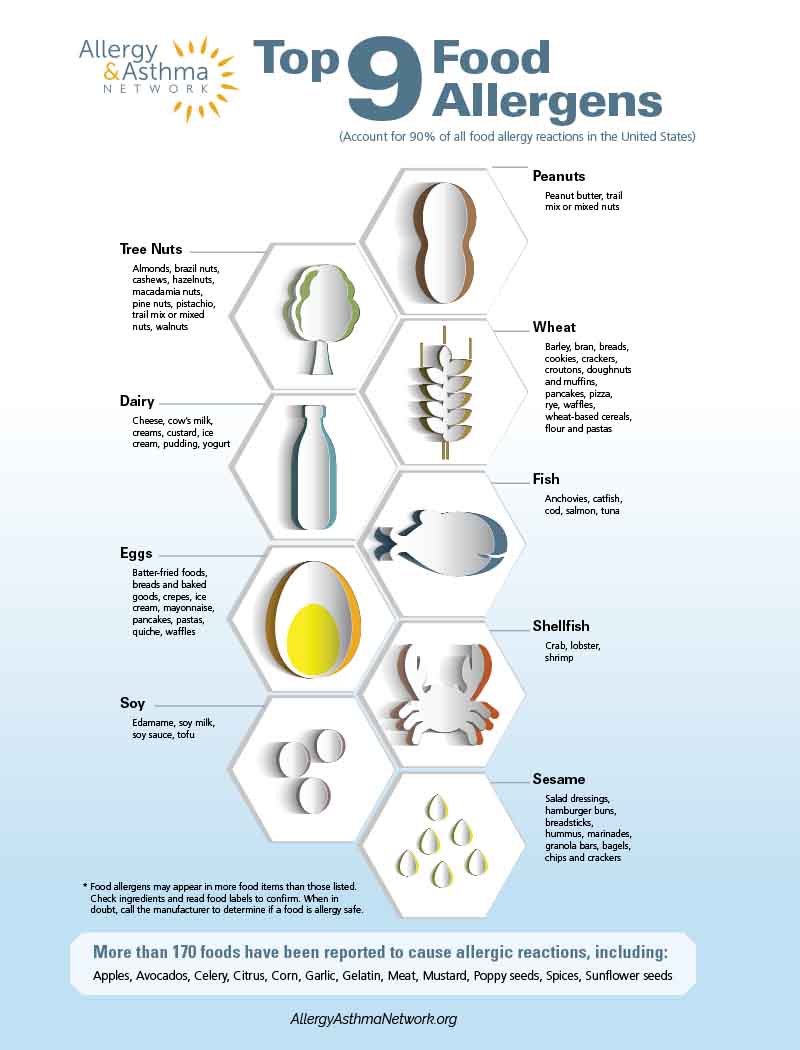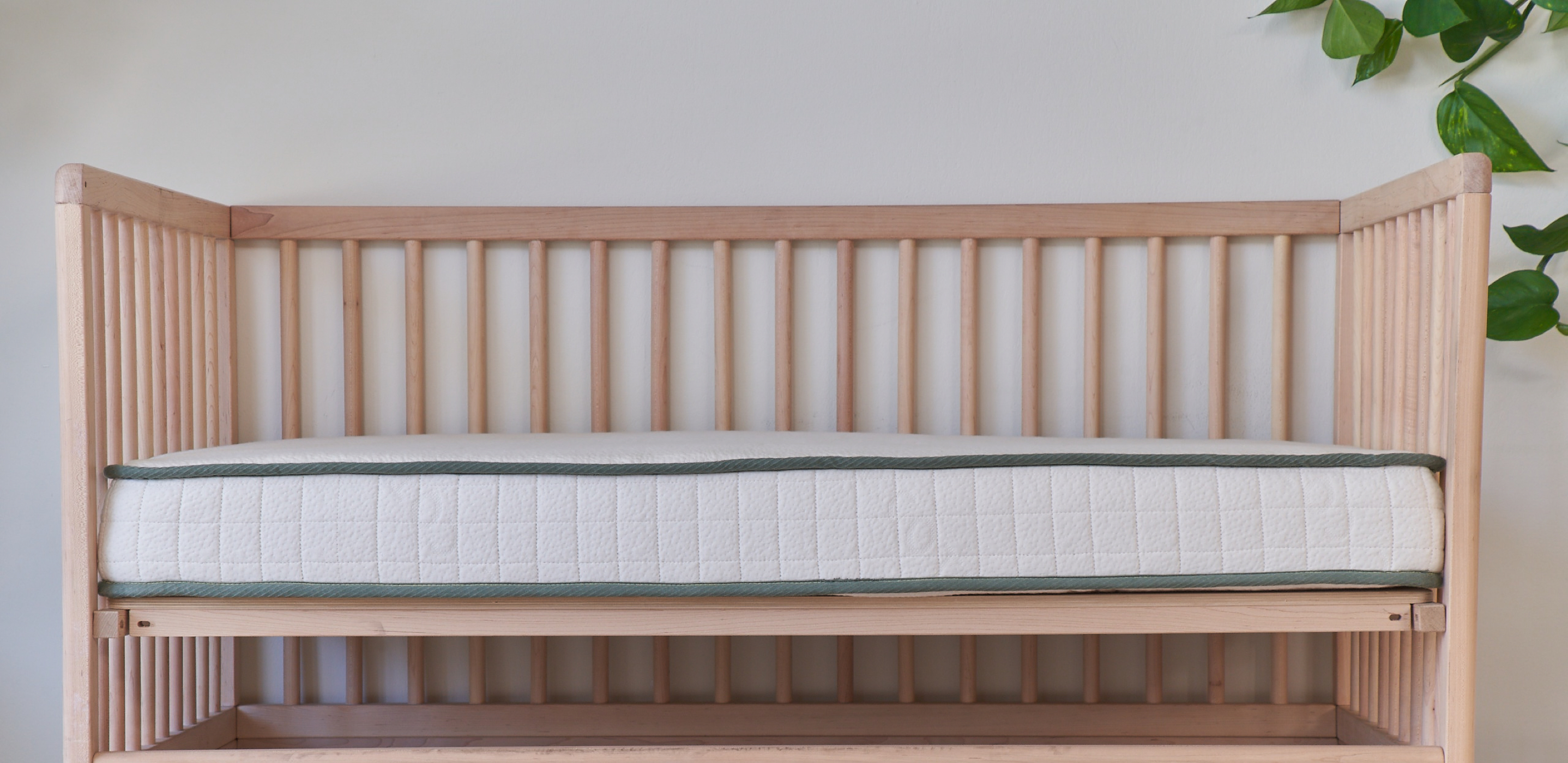1. Heat Retention
One of the biggest complaints about memory foam mattresses is their tendency to retain heat. This is due to their dense and conforming nature, which traps body heat and can make for an uncomfortable night's sleep. While some newer models come equipped with cooling technology, this issue can still be a problem for those who tend to sleep hot.
2. Off-Gassing
Memory foam mattresses are made from synthetic materials, such as polyurethane foam, which can emit a strong chemical odor when first unpacked. This process, known as off-gassing, can be off-putting for some and may even cause respiratory irritation. While the smell typically dissipates after a few days, it can be a major drawback for those sensitive to strong scents.
3. Weight
Compared to traditional spring mattresses, memory foam mattresses are significantly heavier. This can make it difficult to move or rotate the mattress, which is recommended for even wear. The weight can also be an issue when it comes to setting up the mattress, especially for those who live alone or have limited mobility.
4. Cost
Memory foam mattresses tend to be more expensive than other types of mattresses, which can be a major disadvantage for those on a budget. While the initial investment may be worth it for some, others may not be willing or able to spend the extra money on a mattress.
5. Durability
While memory foam mattresses are known for their comfort and support, they may not be the most durable option. Over time, the foam can begin to lose its shape and support, leading to sagging and decreased comfort. This can be a major drawback for those looking for a long-lasting mattress.
6. Firmness
Memory foam mattresses are known for their contouring and pressure-relieving properties, but this may not be ideal for everyone. Some people prefer a firmer feel, and memory foam mattresses may not provide enough support for those who need it. This can lead to back pain and discomfort for some sleepers.
7. Motion Transfer
Due to their conforming nature, memory foam mattresses are not the best when it comes to motion transfer. This means that movements made by one person on the bed can be felt by their partner, which can be disruptive to sleep. This can be a major disadvantage for couples who have different sleep schedules or are easily disturbed by movement.
8. Maintenance
Memory foam mattresses require some maintenance to keep them in good condition. This includes regular rotating and flipping, which can be difficult due to their weight. Additionally, spills and stains can be harder to clean from memory foam compared to other materials, which can be a disadvantage for those prone to accidents or spills in bed.
9. Allergies
As mentioned earlier, memory foam mattresses are made from synthetic materials, which can be a concern for those with allergies or sensitivities. The off-gassing process can also be a problem for those with respiratory issues. Additionally, dust mites and other allergens can easily accumulate in the dense foam, making it difficult for allergy sufferers to get a good night's sleep.
10. Limited Options
Compared to other types of mattresses, memory foam mattresses have limited options when it comes to firmness levels and customization. This can be a disadvantage for those who have specific preferences or needs when it comes to their mattress. Additionally, some people may find memory foam too soft or too firm, leaving them with limited options for a comfortable sleep surface.
Disadvantages of Memory Foam Mattress

1. Heat Retention
 One of the major drawbacks of a memory foam mattress is its ability to retain heat. Due to the dense and compact nature of memory foam, it tends to trap body heat and can make sleep uncomfortable, especially for those who are prone to feeling hot at night. This can cause excessive sweating and discomfort, leading to a disrupted sleep cycle and a feeling of being too warm.
One of the major drawbacks of a memory foam mattress is its ability to retain heat. Due to the dense and compact nature of memory foam, it tends to trap body heat and can make sleep uncomfortable, especially for those who are prone to feeling hot at night. This can cause excessive sweating and discomfort, leading to a disrupted sleep cycle and a feeling of being too warm.
2. Chemical Odor
 Memory foam mattresses are made with various chemicals and materials, and as a result, they tend to have a strong chemical odor when first unpackaged. This can be off-putting and may take several days or even weeks to dissipate. In some cases, the odor can be overwhelming and may cause respiratory irritation or allergies.
Memory foam mattresses are made with various chemicals and materials, and as a result, they tend to have a strong chemical odor when first unpackaged. This can be off-putting and may take several days or even weeks to dissipate. In some cases, the odor can be overwhelming and may cause respiratory irritation or allergies.
3. Not Suitable for Everyone
 While memory foam mattresses are known for their pressure-relieving properties, they may not be suitable for everyone. Some people may find that the mattress is too soft, causing them to sink in too deeply and resulting in discomfort and back pain. On the other hand, those who prefer a firmer bed may find that memory foam does not provide enough support and may also experience discomfort.
While memory foam mattresses are known for their pressure-relieving properties, they may not be suitable for everyone. Some people may find that the mattress is too soft, causing them to sink in too deeply and resulting in discomfort and back pain. On the other hand, those who prefer a firmer bed may find that memory foam does not provide enough support and may also experience discomfort.
4. Heavy and Difficult to Move
 Memory foam mattresses are typically heavier than traditional mattresses, making them difficult to move and maneuver. This can be a problem when trying to rotate or flip the mattress, which is recommended for even wear and prolonging its lifespan. Additionally, the weight of the mattress can make it challenging to transport during a move or when rearranging furniture.
Memory foam mattresses are typically heavier than traditional mattresses, making them difficult to move and maneuver. This can be a problem when trying to rotate or flip the mattress, which is recommended for even wear and prolonging its lifespan. Additionally, the weight of the mattress can make it challenging to transport during a move or when rearranging furniture.
5. Cost
 Memory foam mattresses can be significantly more expensive than traditional mattresses. This may be a deterrent for those on a budget or looking for a more affordable option. While the initial cost may be higher, memory foam mattresses are known for their durability and can last for many years, potentially making them a worthwhile investment in the long run.
In conclusion, while memory foam mattresses offer many benefits, they also come with some disadvantages. From heat retention and chemical odors to not being suitable for everyone and being difficult to move, it's essential to consider these factors before making a purchase decision. Ultimately, the right mattress choice will depend on individual preferences and needs.
Memory foam mattresses can be significantly more expensive than traditional mattresses. This may be a deterrent for those on a budget or looking for a more affordable option. While the initial cost may be higher, memory foam mattresses are known for their durability and can last for many years, potentially making them a worthwhile investment in the long run.
In conclusion, while memory foam mattresses offer many benefits, they also come with some disadvantages. From heat retention and chemical odors to not being suitable for everyone and being difficult to move, it's essential to consider these factors before making a purchase decision. Ultimately, the right mattress choice will depend on individual preferences and needs.


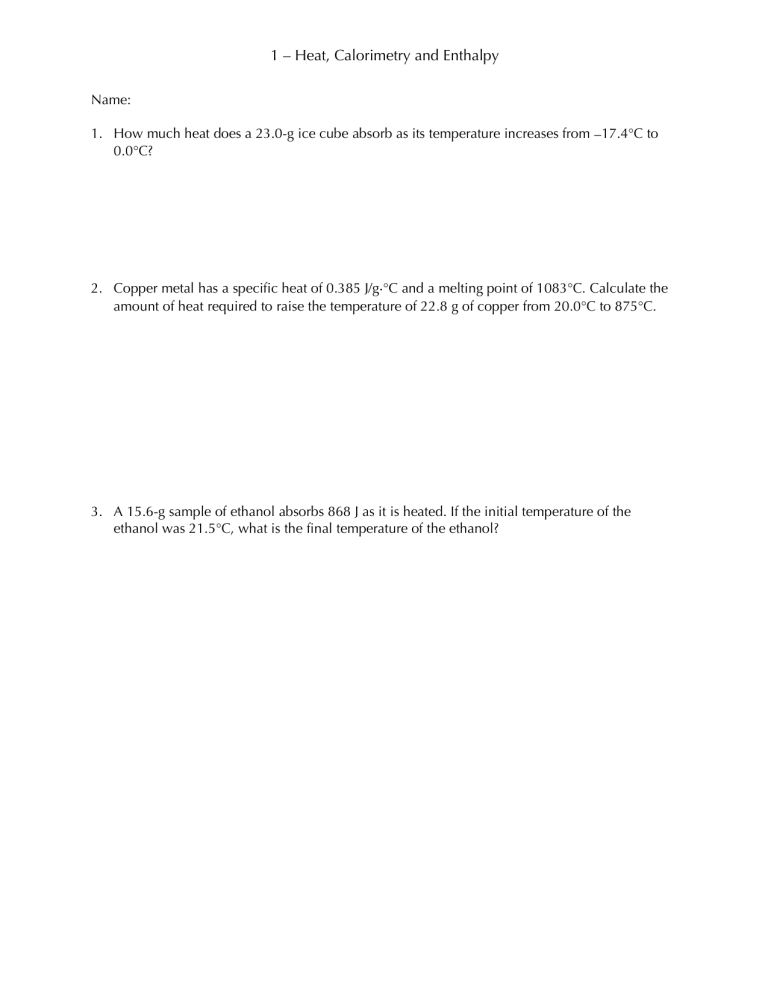
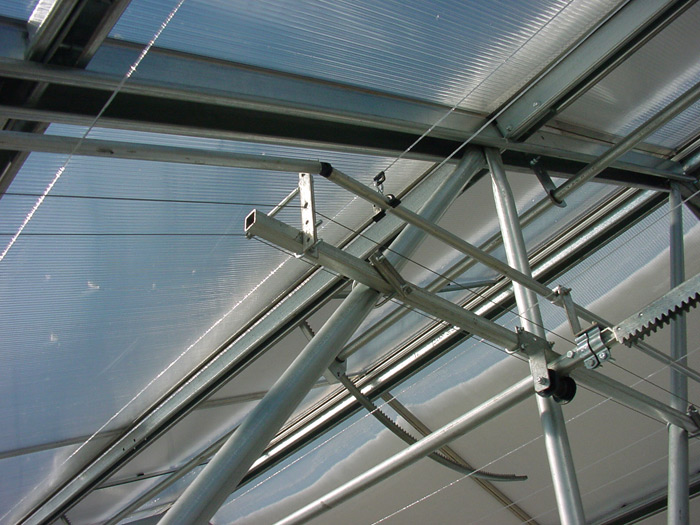





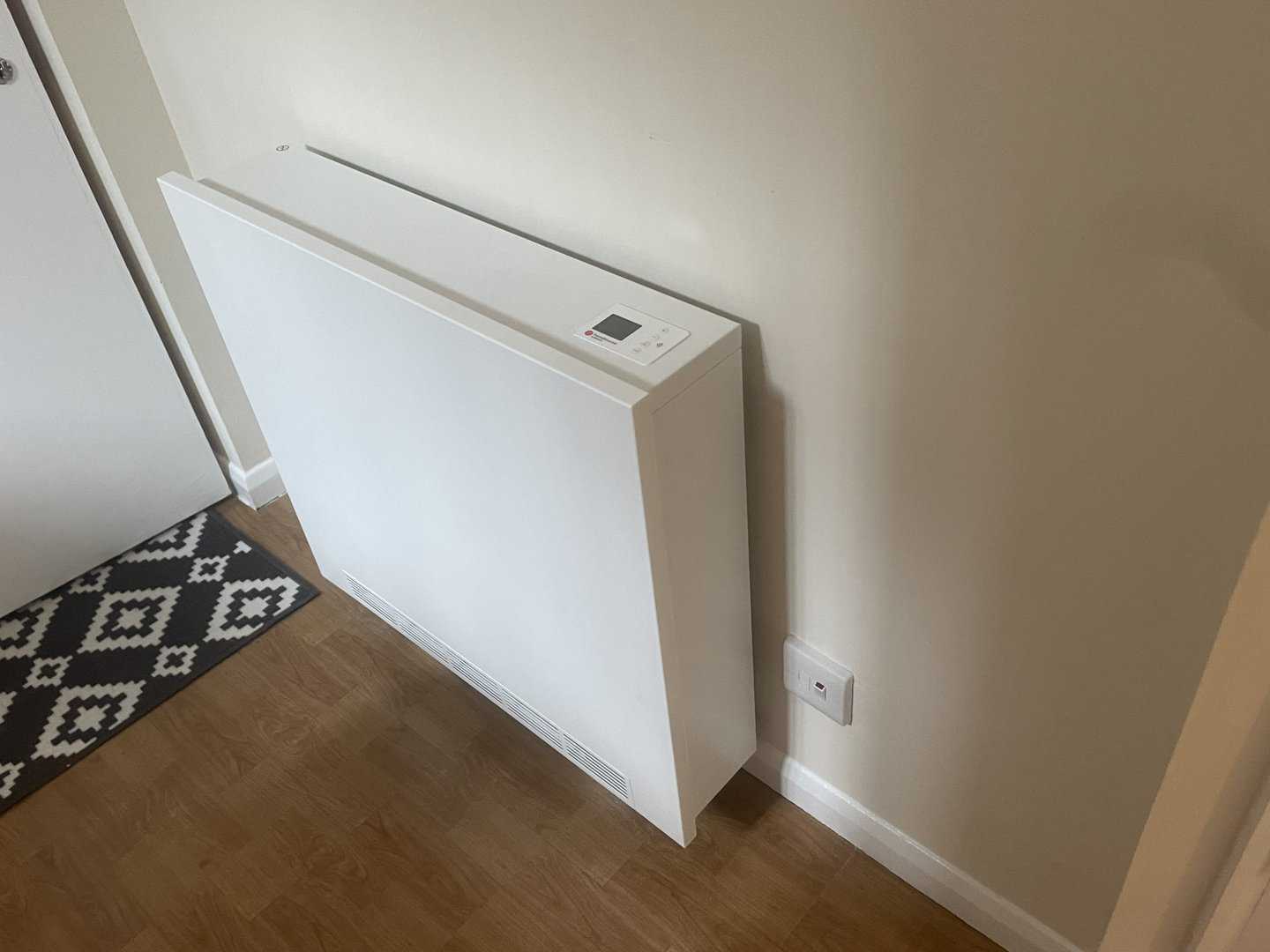



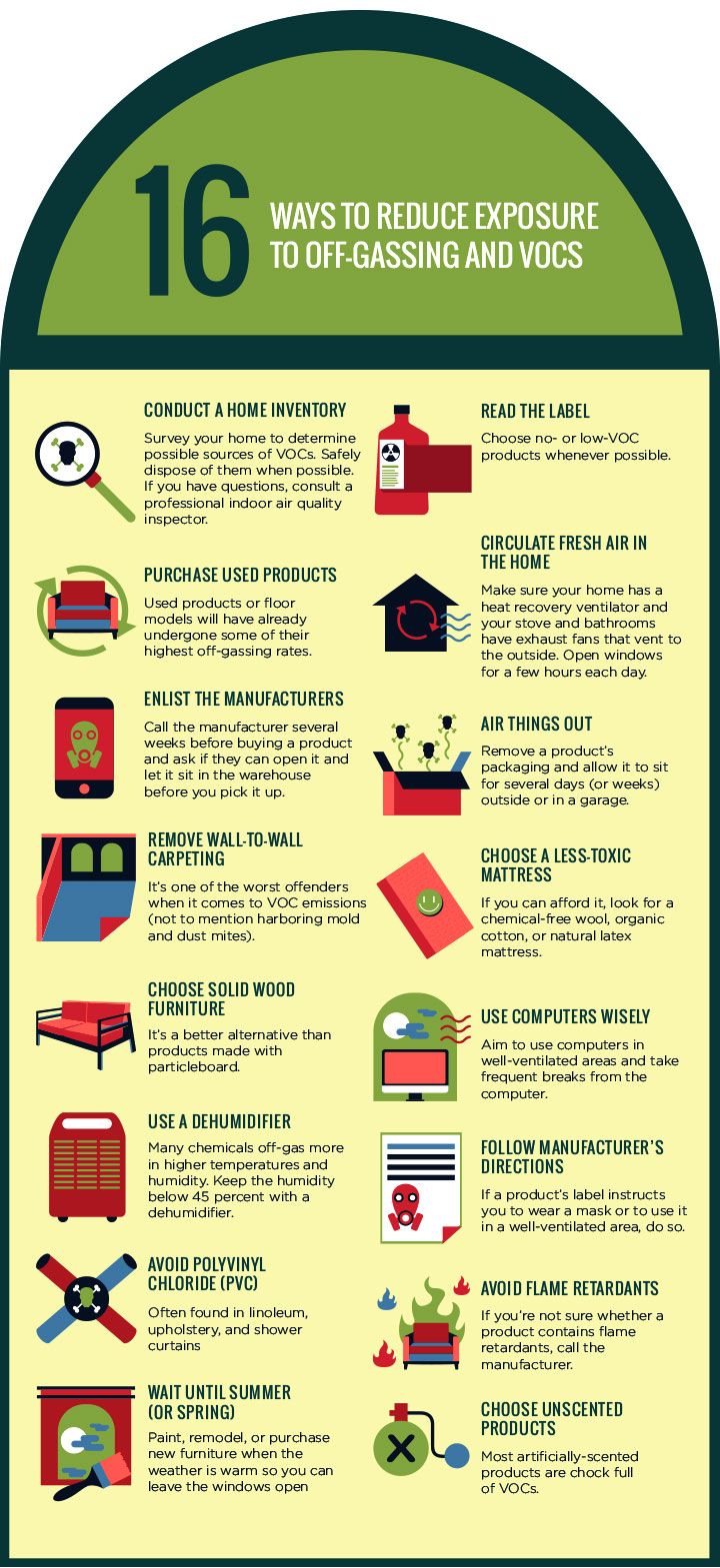


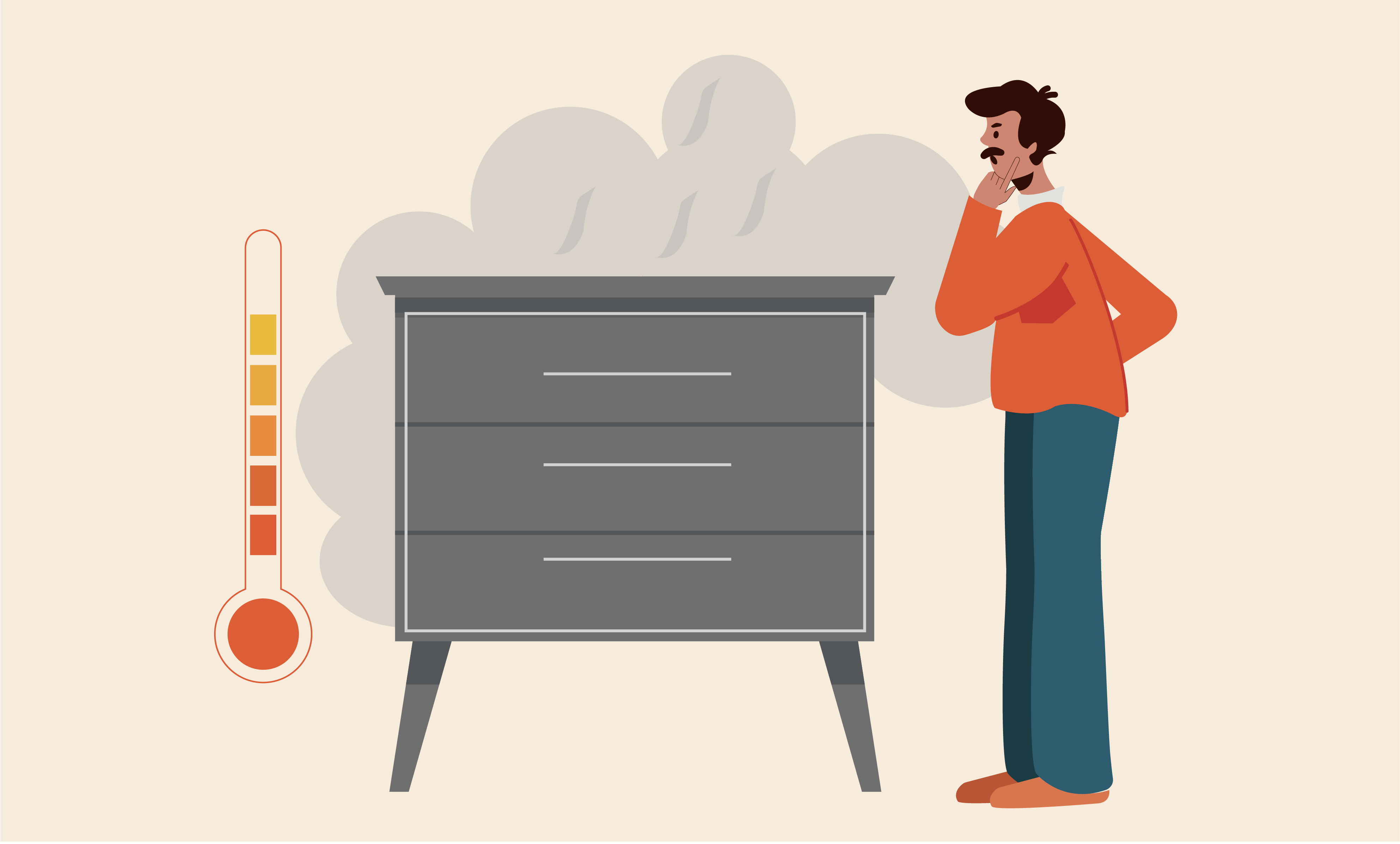

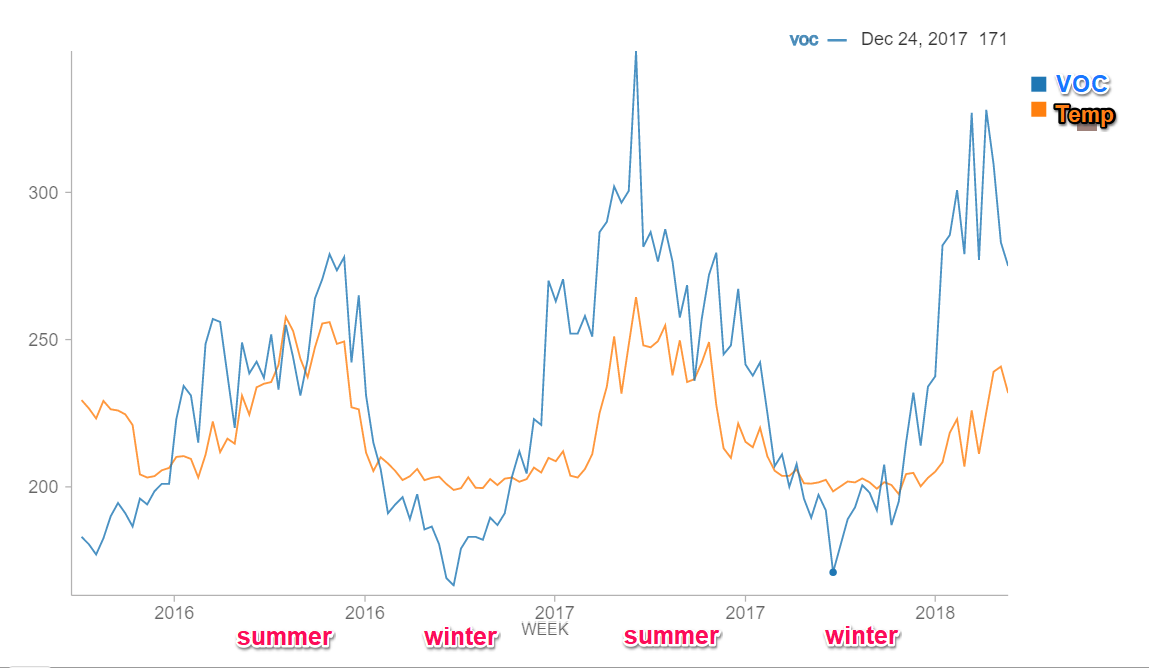
:max_bytes(150000):strip_icc()/GettyImages-1213761809-500523b2af3e44bb995c4ff244ab2498.jpg)




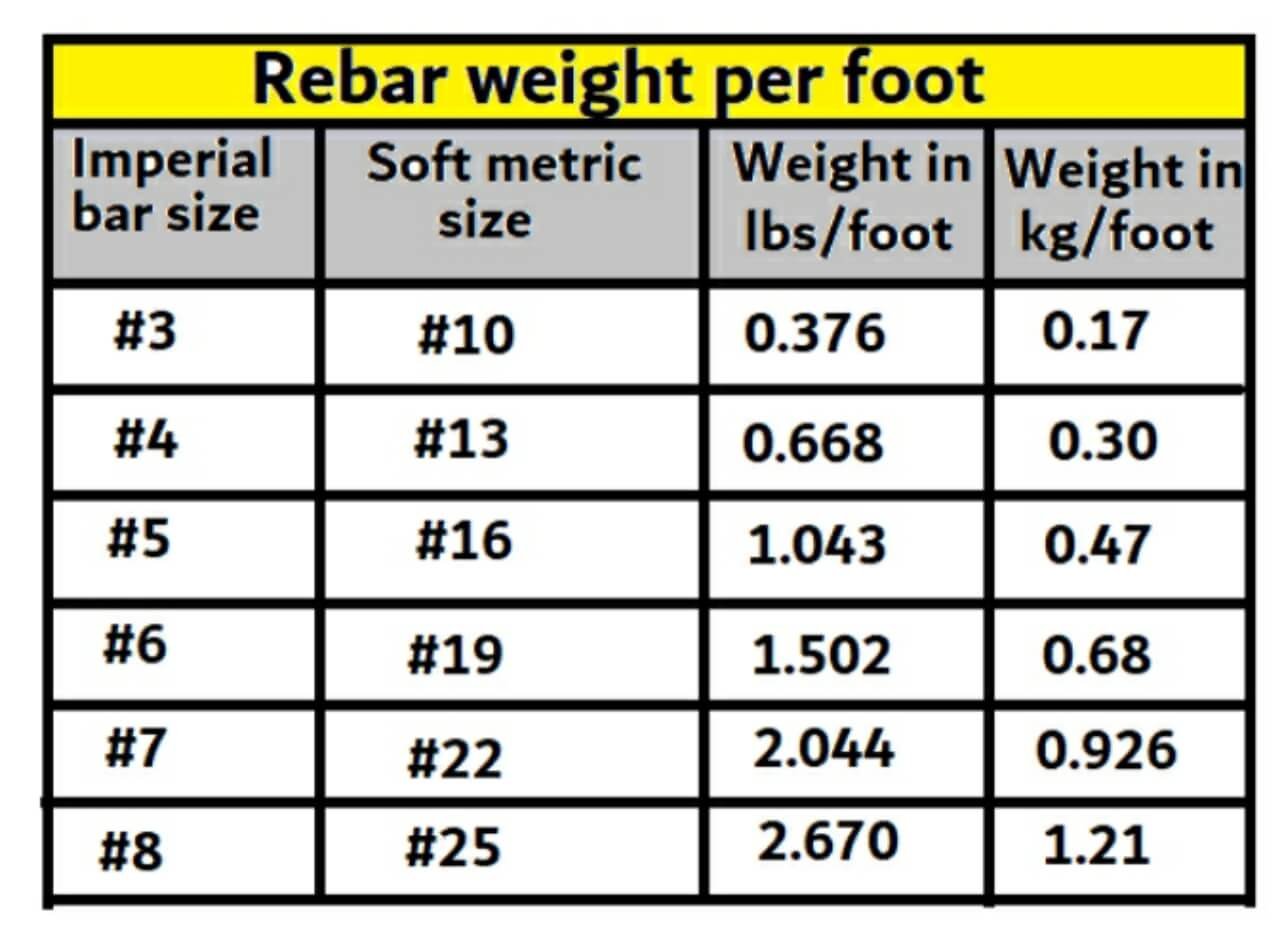

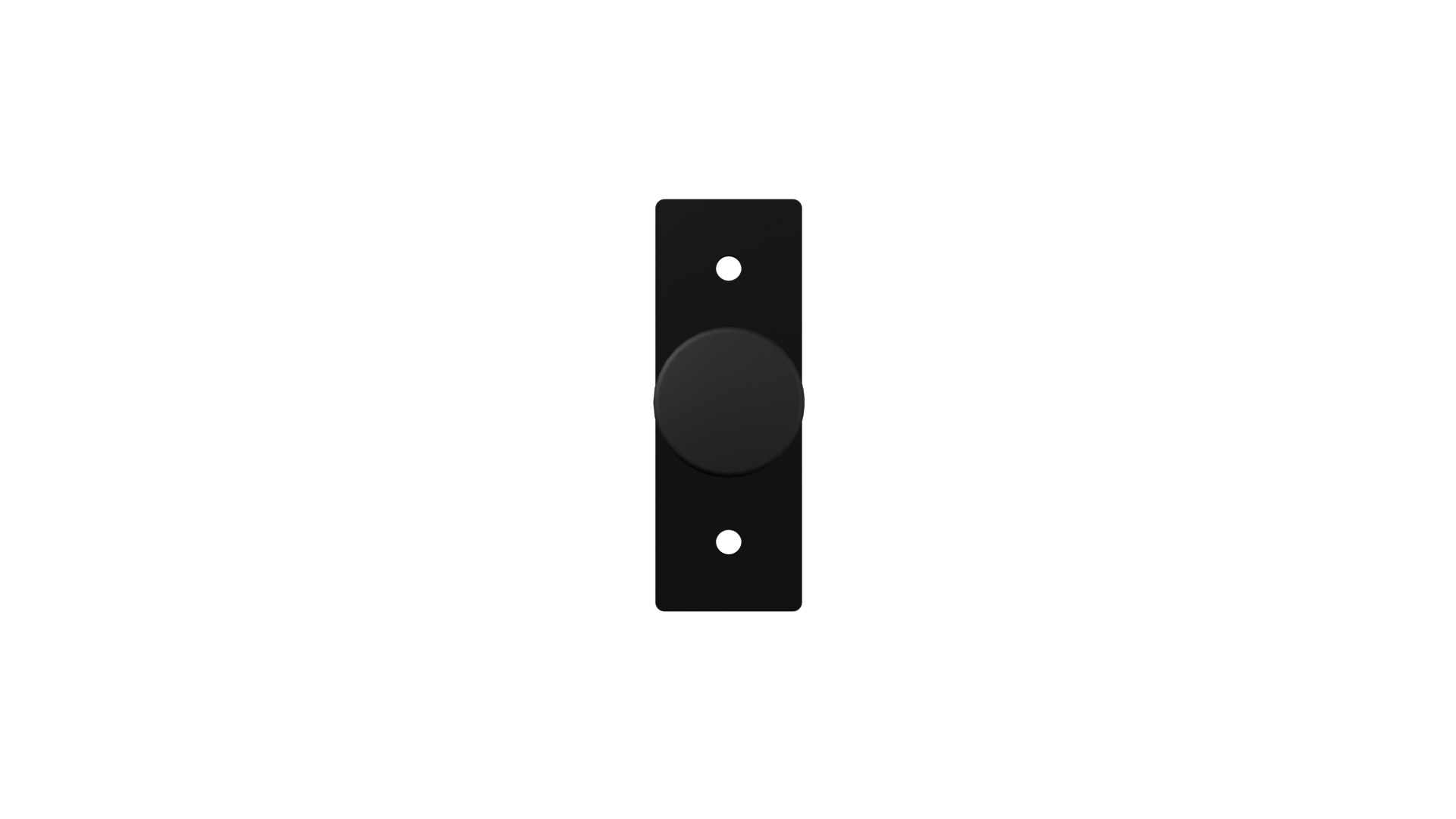
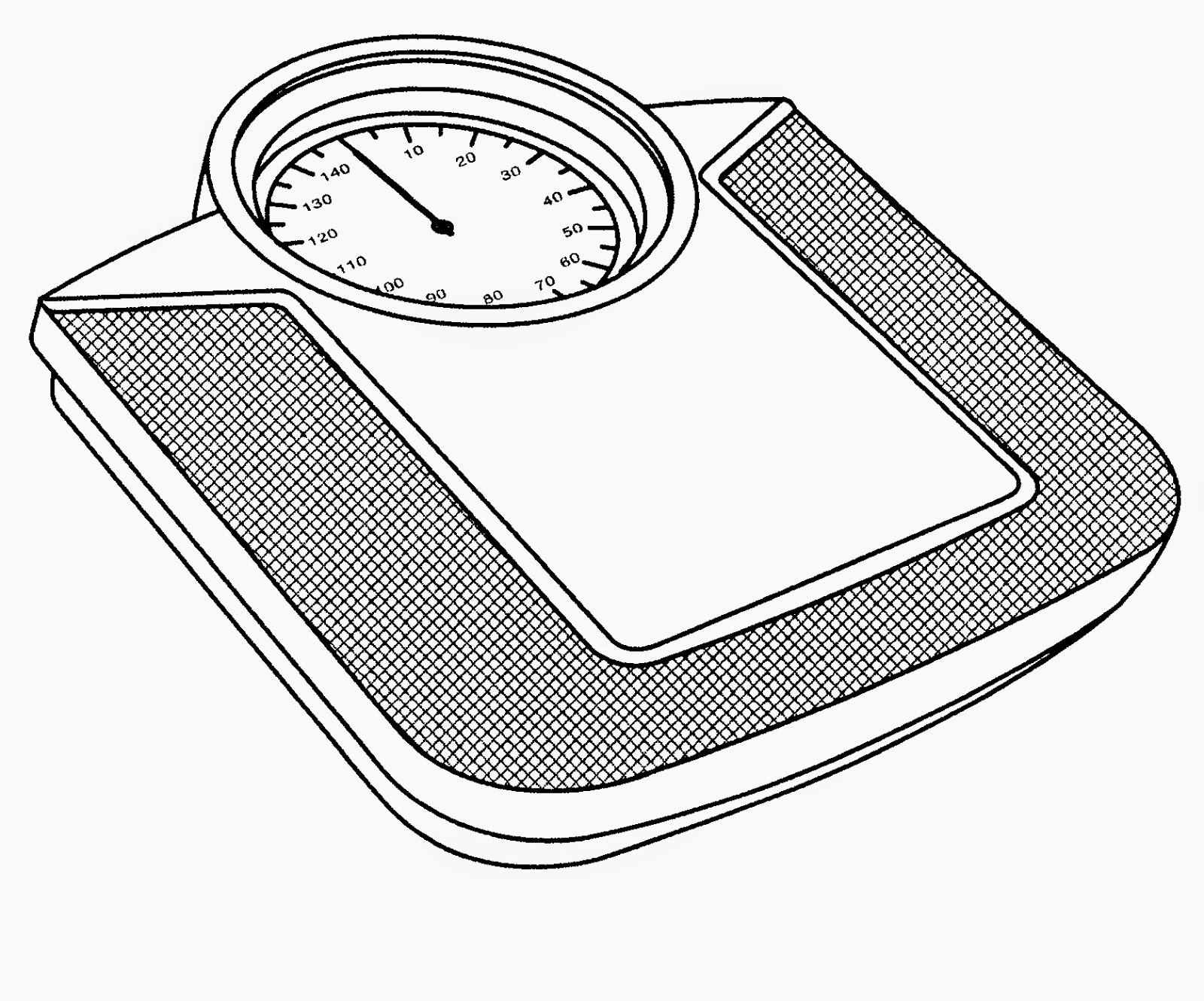


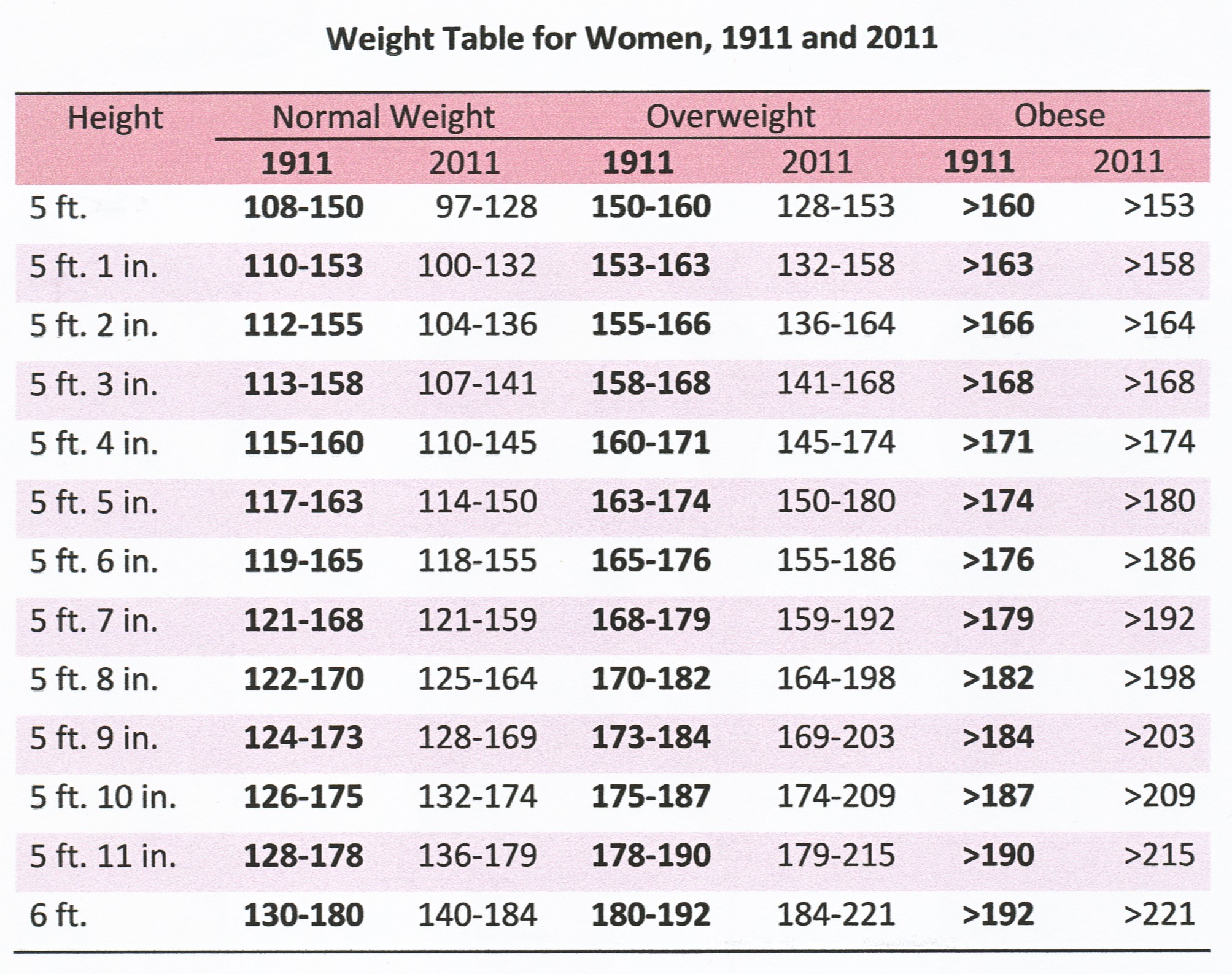









/iphone_4_hero_4x3_1-583f9d743df78c02302822f6.jpg)















